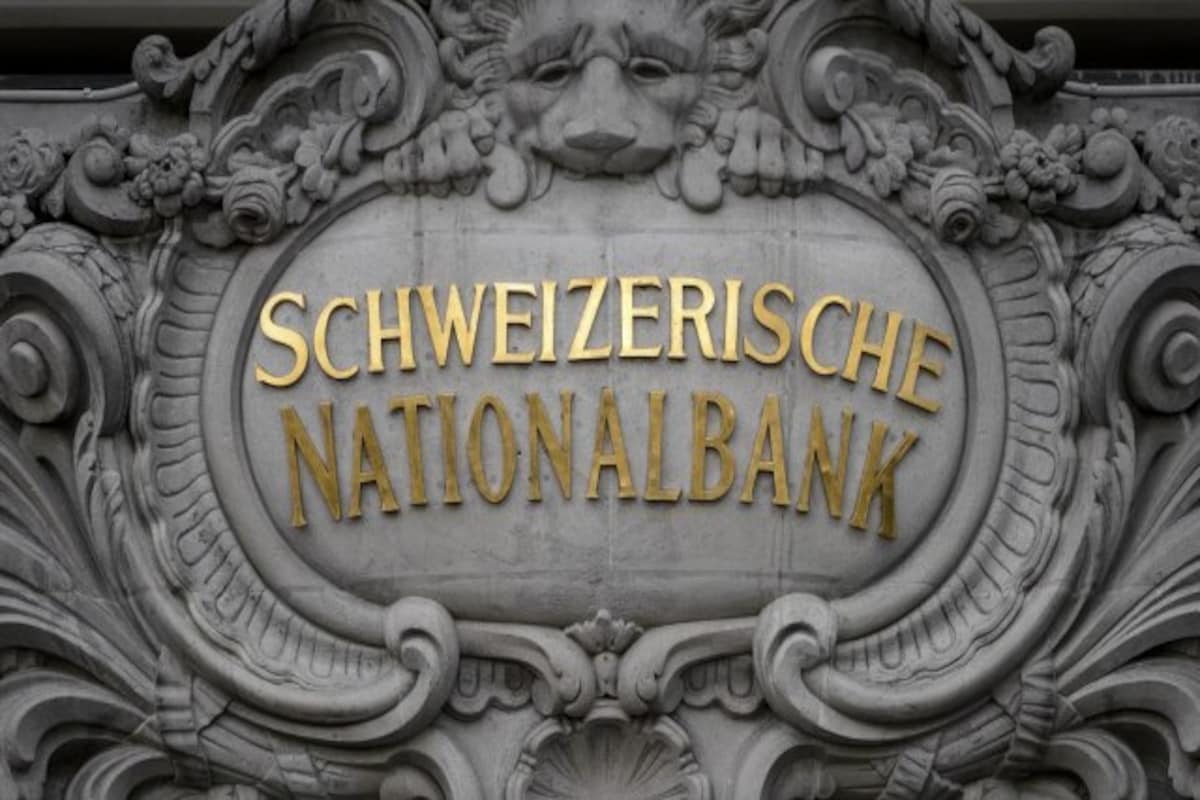Stock market flows and overseas investment returns are emerging. This is because of the major drives for Switzerland’s currency in a shift. The Swiss National Bank (SNB) has intervened to prevent excessive franc appreciation. Last month as the franc rose to a nine-month high against the euro of 1.0694, there was no significant increase in banks’ sight deposits. The franc’s latest spurt reflects foreign investment flows into Swiss stocks.
The franc will be the focus of SNB, at its monetary policy meeting. At its monetary policy assessment, the SNB raised its inflation forecasts. The franc was described as highly valued. Analysts said that a shift in the drivers of franc appreciation towards equity investment has boosted inflows. High demand has been noted for such defensive shares. Switzerland’s stock exchange does not release flows data. Swiss balance of payments numbers for the first quarter of 2021 point to portfolio investment inflows of $12.2 billion. Karsten Junius, an economist at J.Safra Sarasin, noted that Swiss blue chips outperformed global equities by 6 percentage points. Junius said that Swiss multinationals had benefited from the business cycle shift.
Junius added that the Speculative flows into the franc is something we can fight. But in the economic cycle, this is a fundamental change. The SNB is having to accept this development, and decided to stay on the sidelines. Banks’ sight deposits rose by 3.75 billion francs in August. Another powerful driver of franc strength may come from the SNB’s own holdings. The SNB invests a significant amount in overseas equities and credit. The SNB’s top holdings include Apple, Microsoft, Amazon, Facebook and Alphabet.
Hedge fund Eurizon SLJ Capital said that as booming stocks and hefty dividends boost the value of the SNB balance sheet, it becomes harder for the franc to weaken. The franc is no longer a pure fiat currency. Stephen Jen and Joana Freire, analysts at Eurizon SLJ, wrote this in a statement. They added that the risks to the franc may be skewed to the strong side, i.e., it will strengthen again in risk-off but may not weaken that much in risk-on. The franc is 5% percent overvalued, on an inflation-adjusted basis. Gero Jung, an economist at Bank Mirabaud in Geneva, said that the SNB would probably prefer a weaker franc.






















